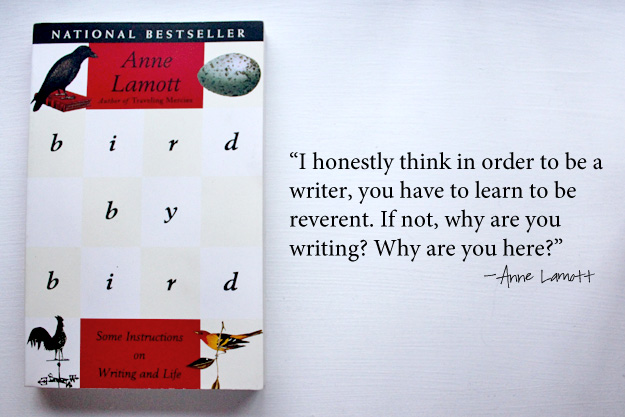
How To Be A World-Class Reader 101
Reading, in and of itself, doesn't make you a better writer.
To master your craft, you have to ready CLOSELY.
You have to study the language.
These are the 5 key things to look for in everything you read 🧵👇
Reading, in and of itself, doesn't make you a better writer.
To master your craft, you have to ready CLOSELY.
You have to study the language.
These are the 5 key things to look for in everything you read 🧵👇

1/ "What is the author really saying here?"
I annotate constantly when I read.
In the margins, I write what the author is saying—below the literal.
"She walked into the room without hesitation." OK, what's REALLY happening here?
The unspoken is the loudest narrative.
I annotate constantly when I read.
In the margins, I write what the author is saying—below the literal.
"She walked into the room without hesitation." OK, what's REALLY happening here?
The unspoken is the loudest narrative.
2/ "How did the author create this image/feeling?"
Don't just watch the movie.
Ask how the writer got you to see or feel what you did.
Study that language closely.
Then keep it in your back pocket for when you want to illicit a similar image in your readers' minds.
Don't just watch the movie.
Ask how the writer got you to see or feel what you did.
Study that language closely.
Then keep it in your back pocket for when you want to illicit a similar image in your readers' minds.
3/ "What details are staying with me the most?"
As you read, and long after you finish reading, notice what ideas, images, traits, and dialogue you remember most.
The fact they are sticking with you mean these details are *sticky.*
How can you make your own writing sticky?
As you read, and long after you finish reading, notice what ideas, images, traits, and dialogue you remember most.
The fact they are sticking with you mean these details are *sticky.*
How can you make your own writing sticky?
4/ "How quickly is the author revealing new information?"
In #Ship30for30 we call this Rate of Revelation.
Slow RoR = lots of description, lots of depth, moves like molasses.
Fast RoR = minimalist, bang-bang-bang, like coffee.
Is the author's choice right for the story?
In #Ship30for30 we call this Rate of Revelation.
Slow RoR = lots of description, lots of depth, moves like molasses.
Fast RoR = minimalist, bang-bang-bang, like coffee.
Is the author's choice right for the story?
5/ "Why is the author saying this?"
Great writers make every word count.
Nothing is said by accident.
Like a painting that is realized pixel by pixel, question why the author is describing this detail, shining a light on this trait, etc.
Each choice has significance.
Great writers make every word count.
Nothing is said by accident.
Like a painting that is realized pixel by pixel, question why the author is describing this detail, shining a light on this trait, etc.
Each choice has significance.
I am a firm believer there are 2 types of writers who read:
The first are writers who read for fun (and are well read as a result), but unable to transfer those learnings over to their own writing.
And the second are writers who read less for fun and more as mental exercise.
The first are writers who read for fun (and are well read as a result), but unable to transfer those learnings over to their own writing.
And the second are writers who read less for fun and more as mental exercise.
To become a great writer, you can't just read for fun.
You must read as a form of study, of deliberate practice. Like stretching before you do your real workout (the writing).
Want to make reading part of your daily writing habit?
Start here:
startwritingonline.com
You must read as a form of study, of deliberate practice. Like stretching before you do your real workout (the writing).
Want to make reading part of your daily writing habit?
Start here:
startwritingonline.com
• • •
Missing some Tweet in this thread? You can try to
force a refresh







